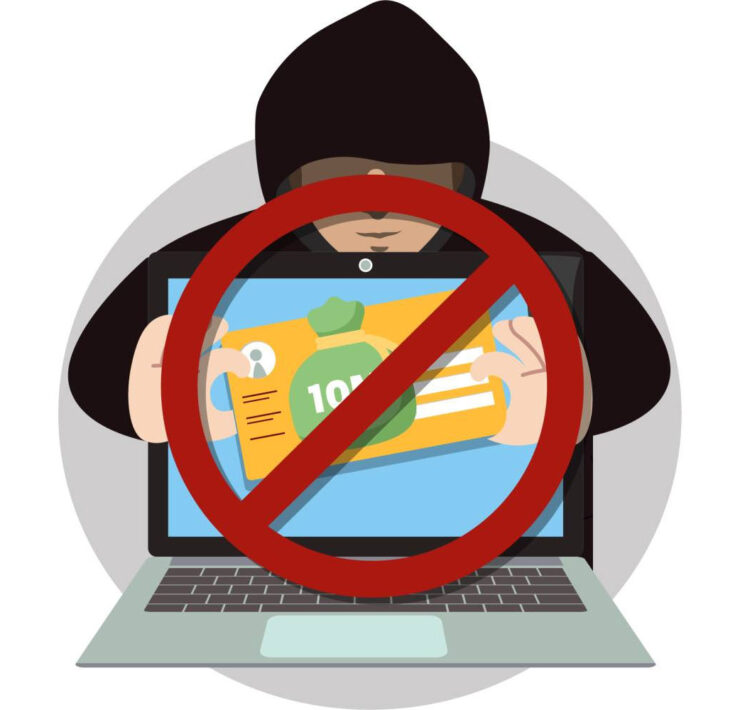Whopping P4 trillion lost to PH fraudsters

Filipino businesses lost an estimated P4 trillion to fraud over the past year, as financial criminals exploited every channel and digital touchpoint to slip past traditional defenses, according to credit insights firm TransUnion.
The losses were equivalent to about 18 percent of the country’s economic output last year and about 6 percent of the annual revenues of 200 local business leaders surveyed for TransUnion’s Top Fraud Trends report.
While slightly below the global average of 7.7 percent, TransUnion said the findings underscored the heavy financial and operational toll that fraud continues to exact on organizations of all sizes.
The survey found that seven in 10 Filipino executives were “very or extremely concerned” about the impact of fraud on their business—the third highest among 18 markets surveyed, behind only the United States (89 percent) and India (82 percent).
When Philippine business leaders were asked which type of fraud caused the most losses over the past year, first-party fraud and scam or authorized fraud each accounted for 25 percent—both higher than global average and reflecting a dual threat from identity misrepresentation and deception.
Nineteen percent cited synthetic identity fraud as a leading cause of losses while 17 percent blamed account takeover.
Organizations must rethink their approach to fraud prevention, moving from reactive and fragmented controls to proactive, data-driven strategies,” said Yogesh Daware, chief commercial officer of TransUnion Philippines.
Consumers affected too
Fraud also affected Filipino consumers at a notable rate.
TransUnion’s consumer survey found that 65 percent of Filipinos said they had been targeted by online, email, phone call or text messaging fraud attempts from February to May—significantly higher than the 48 percent global average.
Among those targeted, the most common scheme reported in the Philippines was phishing (45 percent). This was followed closely by money or gift card scams (40.4 percent) and smishing (39.7 percent), or fraudulent text messages meant to deceive people into revealing sensitive information.
Last year, President Marcos signed Republic Act No. 12010 or the Anti-Financial Account Scamming Act in a bid to combat financial cybercrimes.
But beyond regulations, TransUnion said businesses took more proactive steps to close the gaps in their defenses.
“More than two-thirds of Philippine business leaders we surveyed said their companies optimize their fraud detection models at least quarterly to enhance performance and effectiveness,” Daware said.
“While more can still be done, this kind of vigilance is key to staying ahead of emerging threats and sustaining trust in the digital economy,” he added.





















